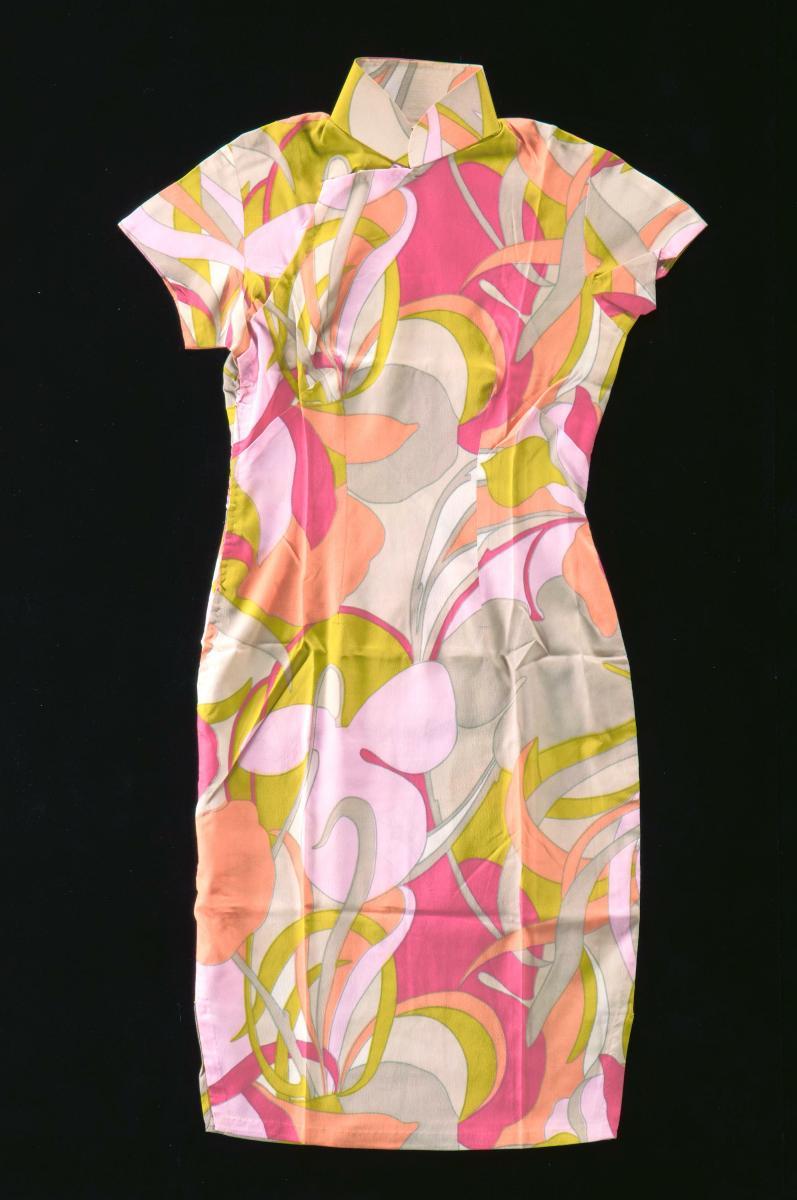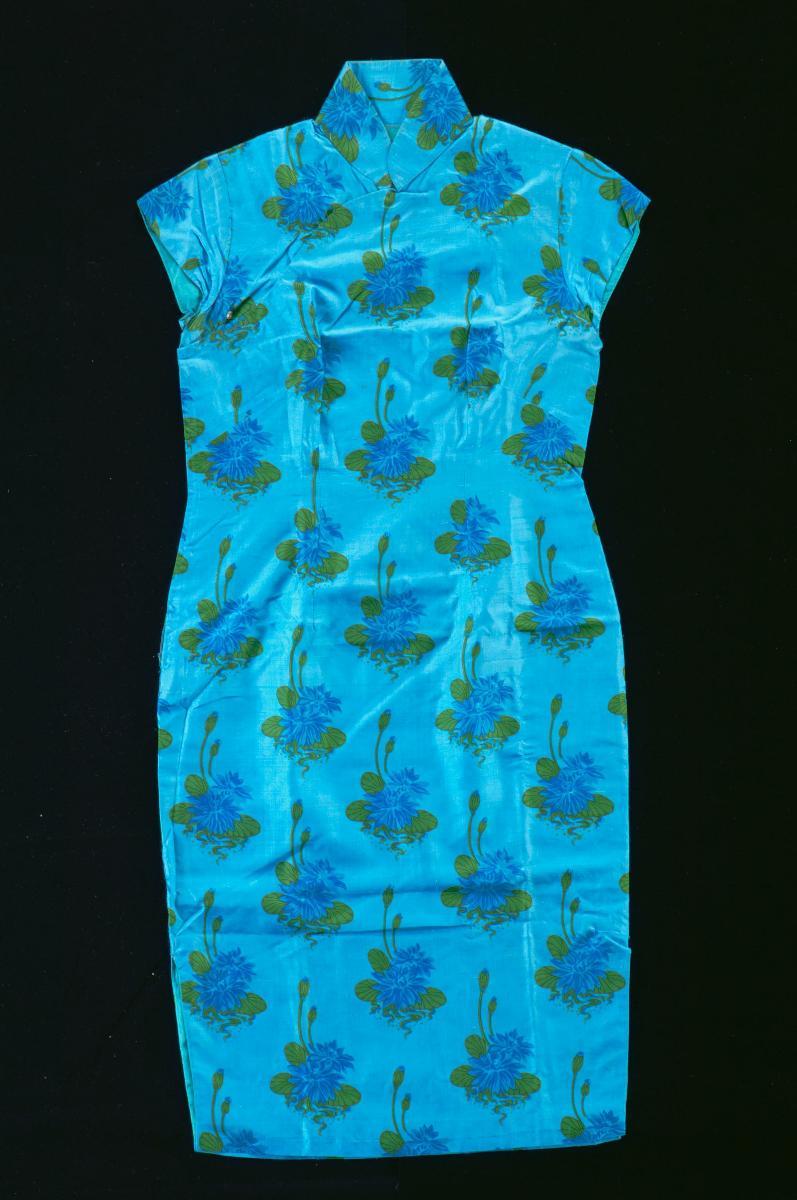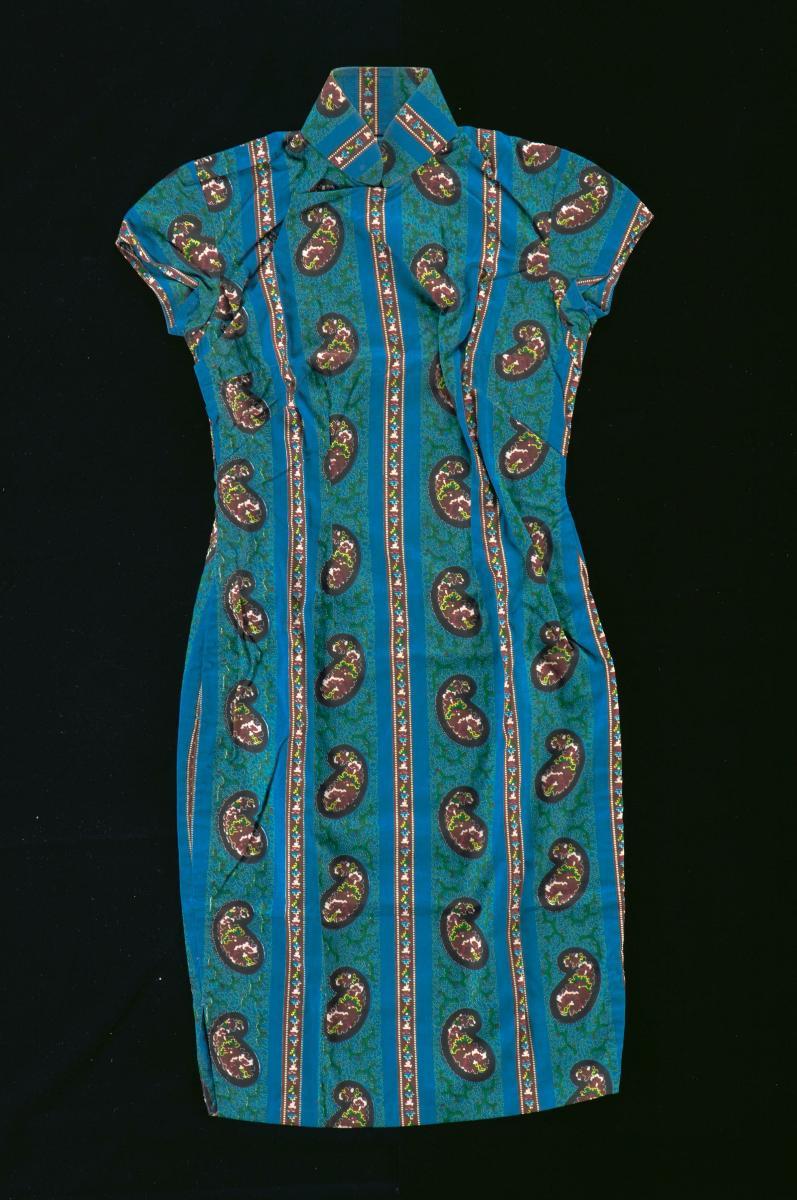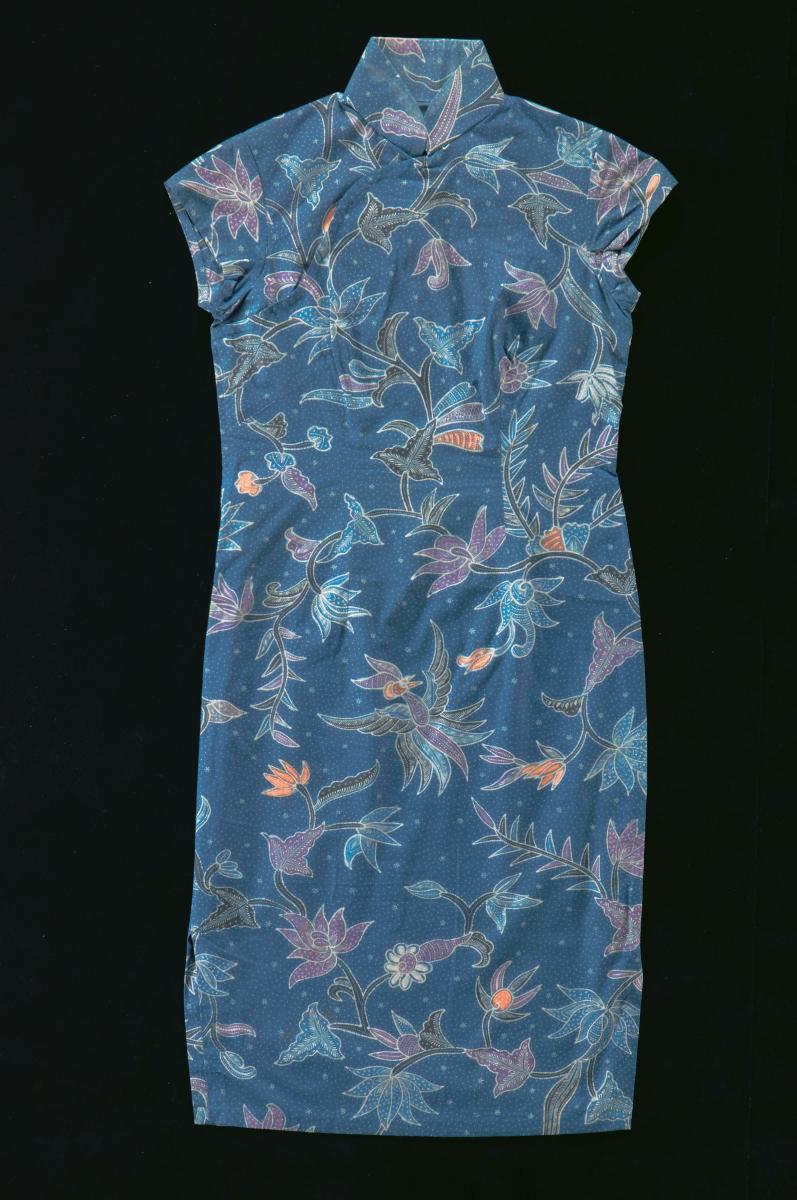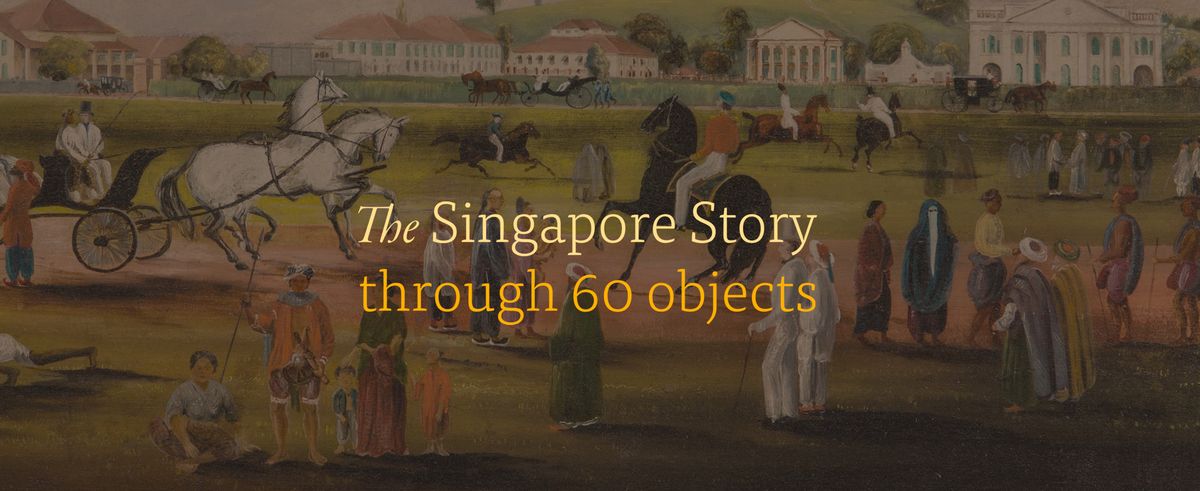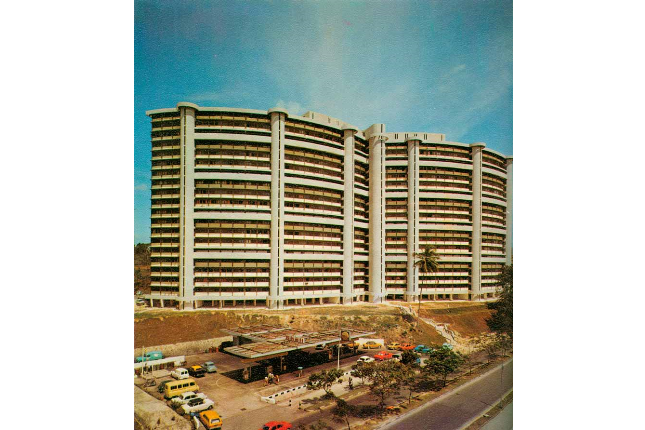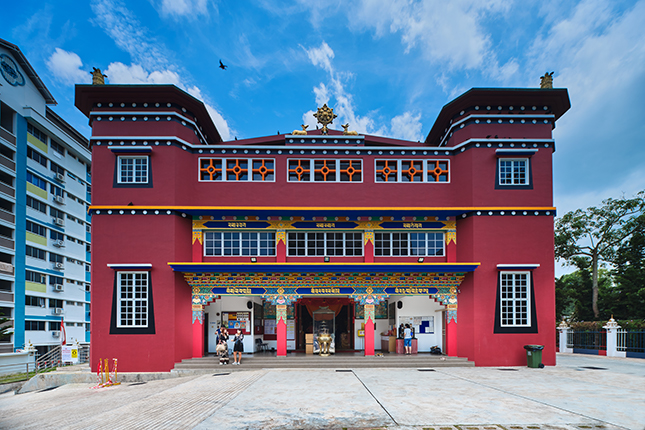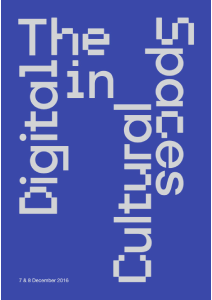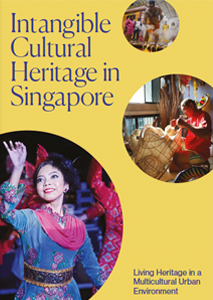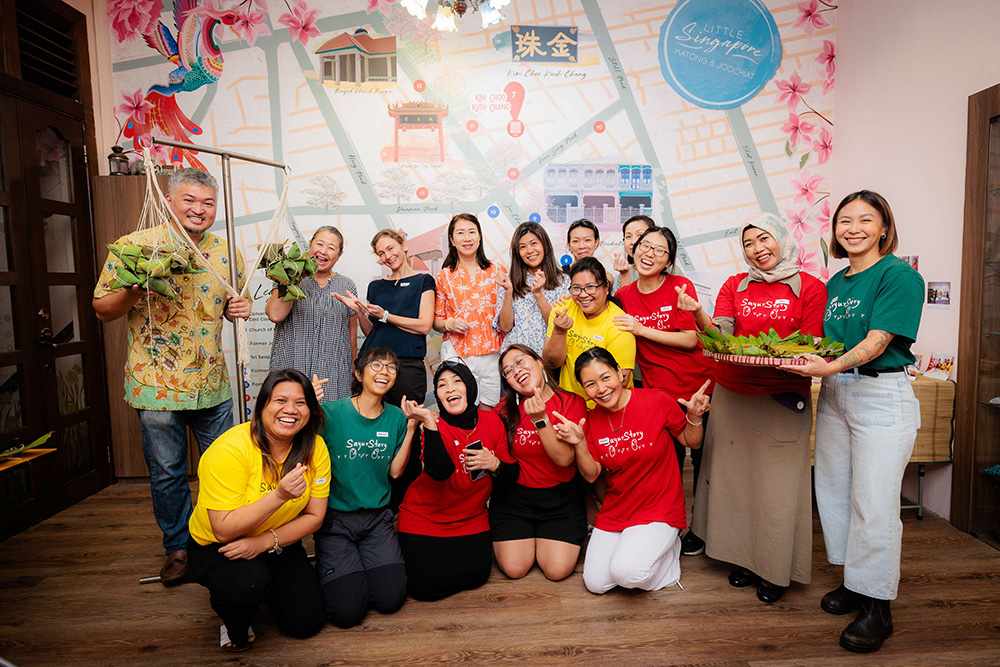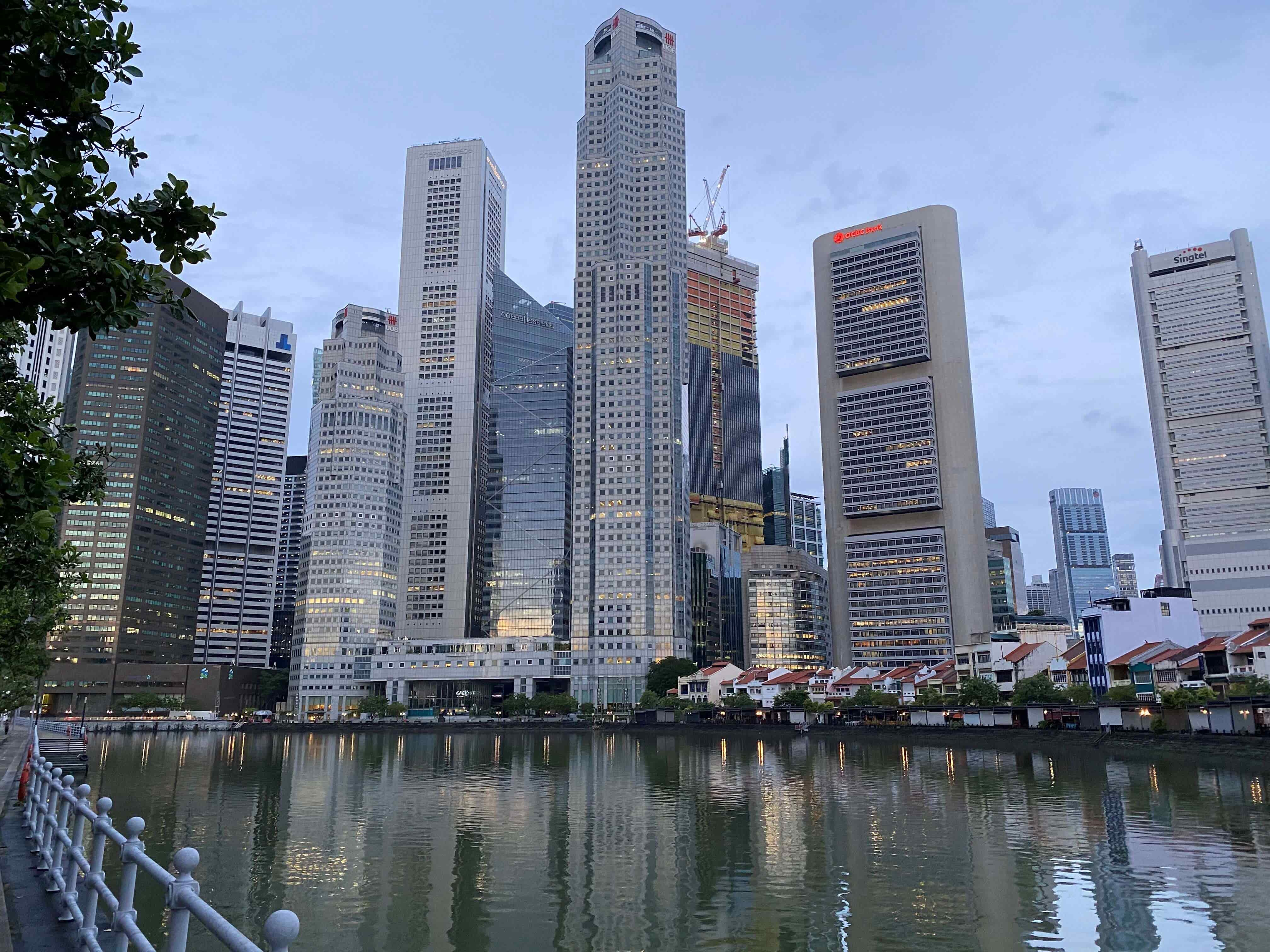The cheongsam is a ubiquitous Chinese dress that first gained popularity in China in the early 20th century. Feted for its feminine charm, the dress was an essential part of women’s everyday wear up till the 1960s. It is usually bespoked to ensure a fitted silhouette and its distinctive features include a high collar, side slits at the hem and a decorative knot and loop fastener for the collar or shoulder flap, called the ‘hua niu’.The cheongsam has its origins in the long and loose-fitting robes worn by the Manchu women of the Qing Dynasty, called the “banner gown” (‘qipao’). Initially worn loose and long in the 1920s and 1930s, the cheongsam had evolved by the 1940s and 1950s to become shorter and more form-fitting. Although its popularity was overtaken by mass-produced, Western-style garments during the 1970s and 1980s, the dress experienced a fashion renaissance in the 1990s when it became the inspiration for some of the runway collections created by various internationally-renowned fashion designers. Today, the cheongsam remains a subject of reinterpretation and its style is constantly being updated.




